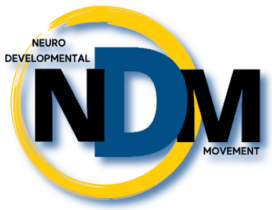Many adoptive parents who became parents within days or even hours of their baby’s birth, wonder why their child suffers such deep wounds and attachment challenges throughout their childhood.
As early as pregnancy, the bonding process starts, with a mother who wants this baby and whose oxytocin and hormonally welcoming body provide an environment of safety. As an NDM practitioner, I have witnessed the harm done to children simply by rejection or denial of the pregnancy by the birth mother.
A mother who is planning to give up her child for adoption is likely under stress, be it from rejection by her family, depression or other mental health issue, an abusive relationship, poverty, daily grinding work, malnourishment, and fear. During the nine months of pregnancy, the child is swimming in the sea of hormones and chemicals of the mother’s body, experiencing in some way the same emotional states.
Dr. Gabor Mate, author of several books about trauma, prenatal experience, and the brain, has written with great insight about rejection by the mother and the later damage to brain functioning, leading to a wide range of dysfunction, from ADHD, attachment challenges, even drug abuse and addiction. We would like to direct you to Dr. Mate’s work for deeper insight into this pre-natal distress, including his many YouTube videos and his movie The Wisdom of Trauma.
In our work, we use a reflex, sensory, motor integration process known as NeuroDevelopmental Movement, to replicate the activities that occur before, during, and after the birth of a child who comes to be labeled “attachment disordered”. In doing so, we are able to access deep non-verbal memories and often with some startling and beautiful responses.
Feel free to contact us about specific case histories of children who have overcome pre-natal trauma. The inability of the fetus to feel safe and protected before birth is a contributor to later attachment and behavior issues. If your child is struggling with bonding and attachment issues due to adoption or as the result of a traumatic pregnancy, please contact us for more resources.

